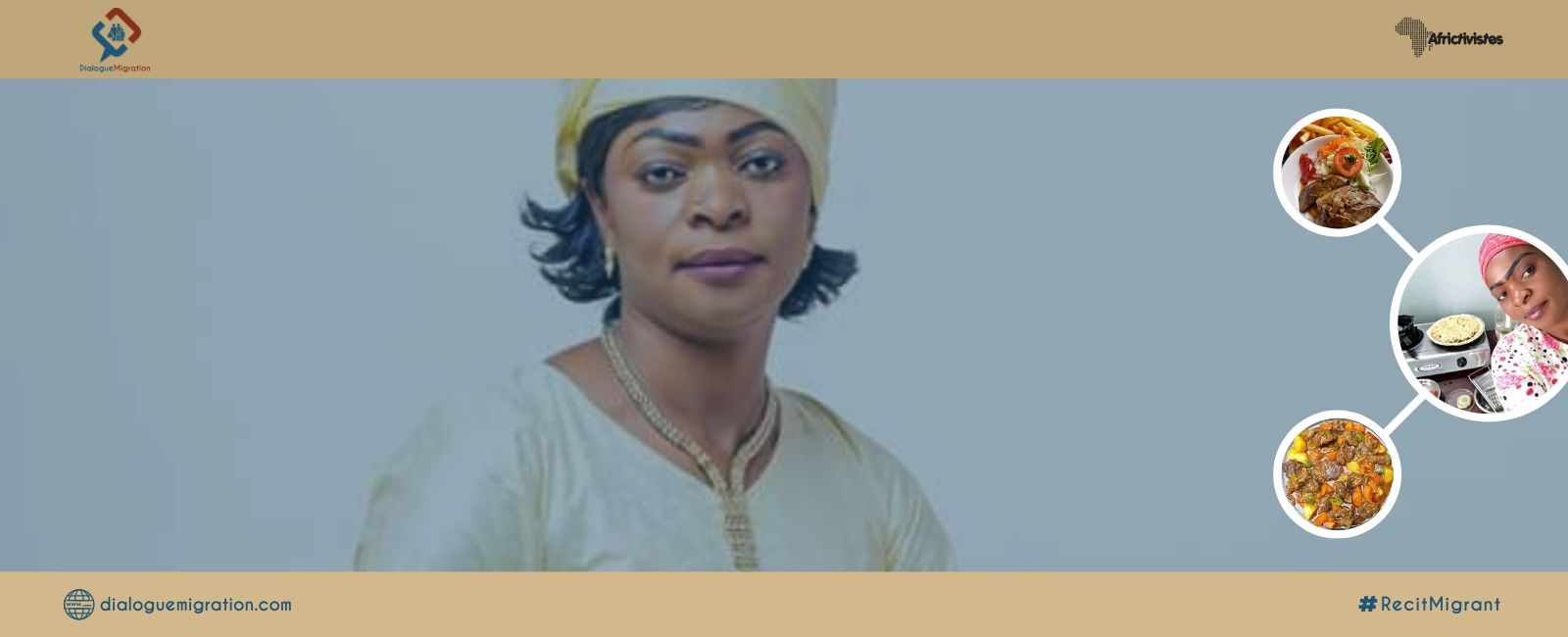

If we ask most Congolese women and specifically those of my city, why are they no longer in their homes? The answer of one of them will be that they don’t know. Not because they really don’t know, but because they don’t want to put up with all forms of stigma.
My name is Georgette Mathe Asia, divorced and mother of five. At home and especially in my religion, when a woman separates with her husband, she is described in all the words without even taking the time to hear her story. And I’ll also spare you my story to immerse you in the essentials.
It was October 8, 2021, I remember as if it was yesterday but it will be almost two years, when the Ebola epidemic broke into the health zone of Beni, located 357 kilometers north of Goma, the provincial capital of North Kivu. Teams from several organizations that have emergency programs immediately mobilized to help the government contain the spread of the disease, with a particular focus on the at-risk community. At that time, I was newly divorced, I had injuries and the only way not to fall into desolation was to find a job that will occupy me 90% of my time, as a way to forget the life that my parents described as a failure.
I went to see a friend who was already working with expats. I explained her my problem, she quickly called her boss, thanks to whom I am what I am today. Mr. Abdelaziz directly took me to work in his house as a cook. Not to brag, I have a hand in the sauce, in other words I know how to cook. This ability had opened many doors and knowledge for me, especially among the workers of the United Nations Organization Stabilization Mission in DR Congo (MONUSCO). Since I was working with an expat, I did not miss the various events they organized and I had a good reputation within their circle.
When the Congolese government declared the epidemic over, my employer, Abdelaziz, had to leave since his mission was ending. He had arranged an appointment to say goodbye. I had tears in my eyes; I was thinking about my children’s studies and their future. I couldn’t look him into the face to avoid him realizing my pain. I remember telling him to find me another job because I wouldn’t be able to see my children away from me. A few months later, I received a call from a woman who said she needed me and my recipes in Goma. Right away, I did not give my position. I had to analyze the benefits and risks not only for myself, but also for my children. That’s how my children and I moved to Goma. I was lucky to still have a boss who gave me my fair value and allowed me to work in two places to allow me to provide for my sons and my family.
Today thanks to this work, my children study in good conditions because I accepted to put my pride aside, I overcame several problems and I took up several challenges with the help of external hands including immigrants.
To that woman who is marginalized for the simple fact that she is divorced, let me tell you to overcome your fears, to skip shame and to turn your gaze to employment, whether you are intellectual or not, you will always find someone on your way and if you are determined, your future will write your past and present.
Tribute to those who leave their countries and come to the DRC to open up opportunities for us, given that the employment system here is closed. You are little gods. Thanks to immigration, the number of unemployed is decreasing overnight.
This testimony was recorded and transcribed by our field reporter Laeticia Kasongo




